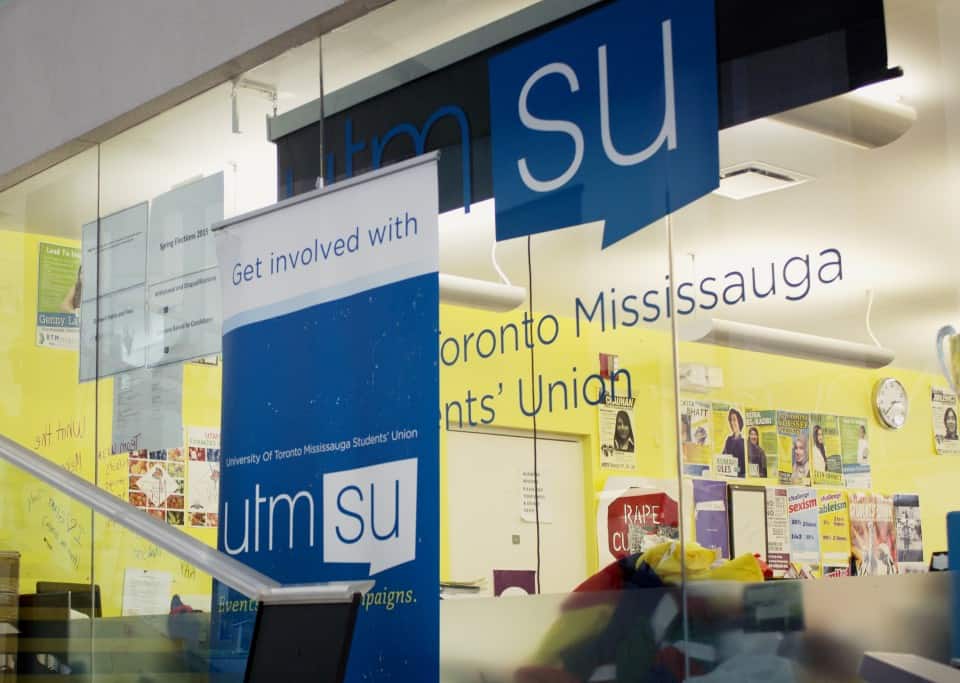[dropcap]L[/dropcap]ast week, The Varsity reported that Students for Life, an anti-abortion organization present on many North American University campuses, is suing the University of Toronto Mississauga Campus Students’ Union (UTMSU) for being denied club status. UTM Students for Life president Diane Zettle alleges that the group’s anti-abortion stance is the reason for the UTMSU’s actions.
I am, and have always been, vehemently pro-choice when it comes to abortion. What a person with female reproductive organs does with their body should not be left up to decisions of the state given that bodily autonomy is enshrined in many social and legal norms of our society.
Taking a step back from my personal views on the matter, however, I realize the importance of having contrasting dialogue on campus. As such, we should be cautious about voices that are being excluded from conversations — specifically in danger of the UTMSU setting a precedent of censorship on campus.
Legitimate questions surround the tactics of U of T Students for Life who preside on the downtown campus. If you’re a St. George student, then you’ve likely walked past their members holding up signs with shocking graphic images of aborted fetuses. The necessity of these images is questionable, especially if their goal is simply to “affect change and raise awareness” about the pro-life cause according to their website. Alternatively, this can be achieved through presentations, handing out pamphlets, setting up a table in Sidney Smith, or creating a listserv.
That said, contrary to their St. George counterparts, members of the UTM Students for Life branch claim not to use these posters as part of their demonstrations. Even if they were to though, it is not clear whether such imagery would necessarily be sufficient grounds to constitute public harm and result in the withholding of funding.
While being pro-choice myself, I can still say that I’ve come across a very select few Students for Life members who truly just want to provide a set of diverse resources for women.
For women who are ideologically opposed to abortion, the existence of these alternative choices — adoption, or raising the baby alongside help from subsidized childcare initiatives and part-time schooling programs — is important to add to discussions of reproductive rights and health on campus. I believe that UTM Students for Life has the potential to be one of those opposing, yet constructive groups that disseminate information about alternative choices in a respectful manner.
There is no question that student unions have the right to be political and take stances on controversial issues. In fact, people in visible positions of power often have the responsibility to initiate and mobilize social change and protect the marginalized. Condemning and denying funding to certain groups that have clearly discriminatory agendas — for example, the White Students’ Union who plastered our campus with flyers last year — would be in line with the values of most inclusionary unions.
No matter how political a student union is, however, they should be careful about limiting resources based on only ideological views. When student unions start making value judgements on issues that reveal a spectrum of gray area — such as the morality of abortion — they are also denying intellectual resources to a large portion of the student population that they have pledged to serve.
University campuses are supposed to be places for constructive discourse and critical thinking. Blocking out certain voices from the conversation — no matter how many of us fundamentally disagree with them — collectively limits the dialogue. If UTM Students for Life can pledge to spread their mission in a respectful, tasteful manner, similar to that of the other controversial groups on campus, then there is no reason the UTMSU should deny them recognition.
Nish Chankar is a second-year student at Trinity College studying economics and international relations. She is also the associate vice-president, equity of the University of Toronto Students’ Union (UTSU); the views expressed here are her own.


